Keywords: Death
There are more than 200 results, only the first 200 are displayed here.
-
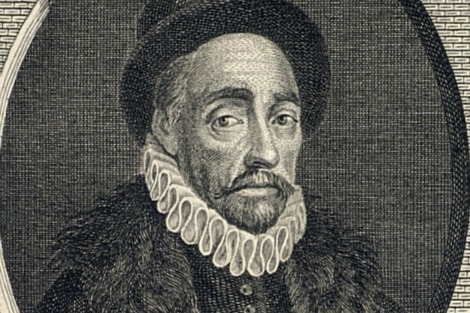
ARTS AND CULTURE
- Patti Miller
- 14 October 2015
13 Comments
I have always felt guilty about an inability to commit to any belief system. So when Montaigne said 'Only fools have made up their mind', I felt an enormous sense of relief. He knew that those who are certain are the ones to shut down newspapers, lop off heads, blow up planes, burn books. There is a thread throughout his essays, too, of him finding sex undignified and therefore unfitting for grown men and women. It is one of his many contradictions and confronts me with my own contradictory attitude.
READ MORE 
-

ARTS AND CULTURE
- Tim Kroenert
- 01 October 2015
4 Comments
Lady Macbeth is left somewhere in the realm of caricature, her 'Out damned spot' soliloquy oddly decontextualised and the circumstances of her death diminished and confused. That said, the conflation of the Macbeths' conspiracy to commit regicide with an act of discreet marital sex is a potent image of their moral codependency. This faithful adaptation by Australian director Justin Kurzel is grimmer even than Polanski's 1971 version, which it is set to displace as the standard-bearer adaptation.
READ MORE 
-

RELIGION
- Andrew Hamilton
- 29 September 2015
14 Comments
Although important to respond to generously, divorced and homosexual Catholics will not be the only people who make a claim on the Synod on the Family in Rome, with bishops of the Third World to want a focus on the life and death issues that face families in their region. But divorced and homosexual Catholics are important, and the divisions between bishops are both real, and generally misread by the media.
READ MORE 
-
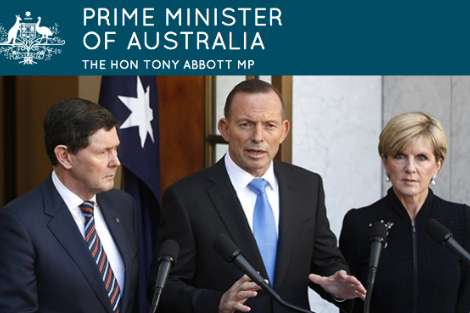
AUSTRALIA
- Andrew Hamilton
- 16 September 2015
23 Comments
It is hard to comment on Tony Abbott’s demise without being splattered by the schoolyard mud. But we should begin by sparing a thought for the man himself in this time of humiliation. He has given his life to the Liberal Party, and to be disowned as leader by it is surely devastating.
READ MORE 
-

ARTS AND CULTURE
- Tim Kroenert
- 03 September 2015
1 Comment
In part, these hallucinogenic, metaphysical digressions are a product of Robert's medically-altered state of consciousness. Chemotherapy brings a sense of disorientation, which often leads patients' minds to wander in directions they wouldn't have otherwise. Through this, Robert discovers an Eastern spiritual and cultural approach to death that informs his own confrontation of mortality.
READ MORE 
-

ARTS AND CULTURE
- Tim Kroenert
- 20 August 2015
25 Comments
Timothy Conigrave's memoir Holding the Man is a classic of contemporary Australian queer literature. Originally published in 1995 a few months after Conigrave's death from AIDS, it is an account of his relationship with John Caleo, whom he met in 1976 when they were both students at the Melbourne Jesuit private boys school Xavier College. Conigrave and Caleo were together for 15 years until Caleo's death (also from AIDS) in 1992. This film adaptation of their story is nothing if not bold.
READ MORE 
-
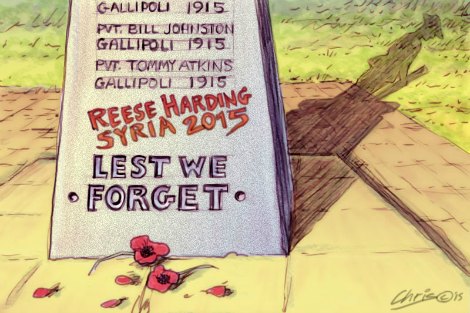
AUSTRALIA
- Tim Robertson
- 13 July 2015
7 Comments
It's hard not to admire Reece Harding, whose sense of social justice, idealism and internationalism led him to take up arms against an organisation he seemingly believed lived up to Tony Abbott's characterisation as a 'death cult'. The Federal Government has warned Australians against travelling to the Middle East to fight on any side. But these calls are drowned out by decades of contradictory rhetoric that has seen the Anzac legend placed at the fore of our history and culture.
READ MORE 
-
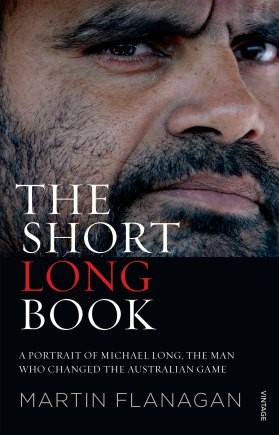
AUSTRALIA
- Andrew Hamilton
- 09 July 2015
8 Comments
Because football and other large sports are an image of life, they are safe spaces in which loss is never final and youth is never lost. But occasionally, as in the death of Philip Hughes and Phil Walsh, real life breaks into the image. Death and horror have to be grappled with.
READ MORE 
-
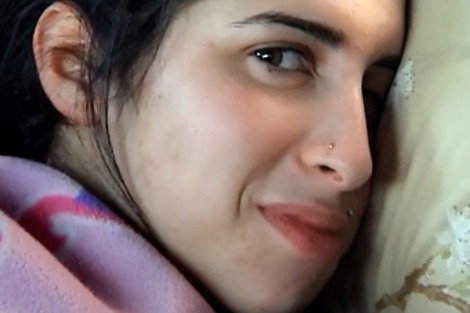
ARTS AND CULTURE
- Tim Kroenert
- 02 July 2015
2 Comments
There are early signs of the substance abuse that would later see her become a target of gleeful media scorn, and ultimately cause her death at the age of 27. But during one interview from the dawn of her career she reflects that if she was famous, she would go mad. She was painfully aware of the gap between the persona painted by a spiteful media and fickle public, and the preternaturally talented working-class girl from London who just wanted to sing.
READ MORE 
-
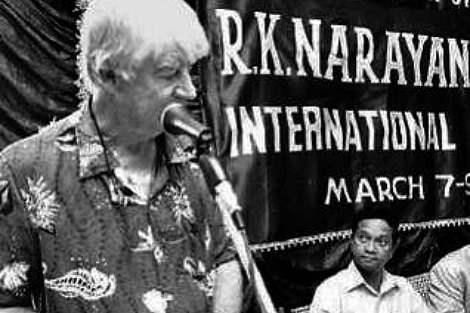
ARTS AND CULTURE
- Brian Matthews
- 26 June 2015
1 Comment
Many deaths of course are not small deaths. They evoke distinction, achievement, leadership, innovation, creativity or, in some cases notoriety, quixoticism or eccentricity. Yet placing some names above many, some in a class of their own, others in a ruck of the scarcely memorable, one indispensable criterion unites all the characters and places them beyond our imaginative, intellectual or descriptive reach: they are dead.
READ MORE 
-
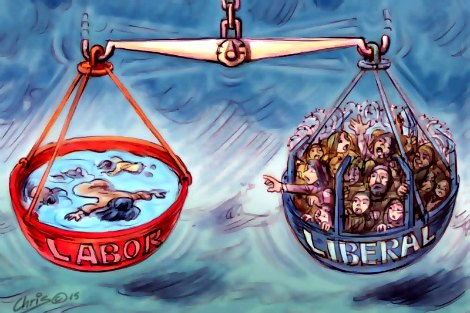
AUSTRALIA
The week’s dreadful Rohingya asylum seeker tragedy prompted an eventual softened response from our neighbours, but not Australia. The current government’s record of stopping boat arrivals and deaths at sea stands in stark contrast to that of Labor during its period of office, when at least 1100 asylum seekers died at sea.
READ MORE 
-
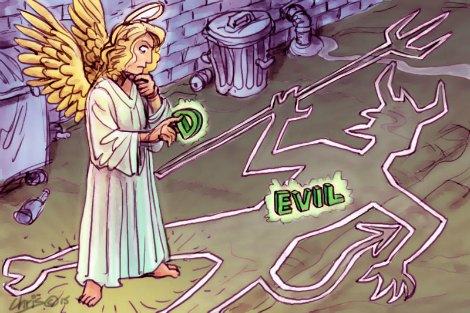
ARTS AND CULTURE
- Gillian Bouras
- 20 May 2015
19 Comments
The Death of God debate raged on and off several decades ago. Now it's the Devil's turn. Medieval clerics believed he was everywhere. Earlier this year the General Synod of the Church of England decided it was time for him to retire, and have 'disappeared' him.
READ MORE 